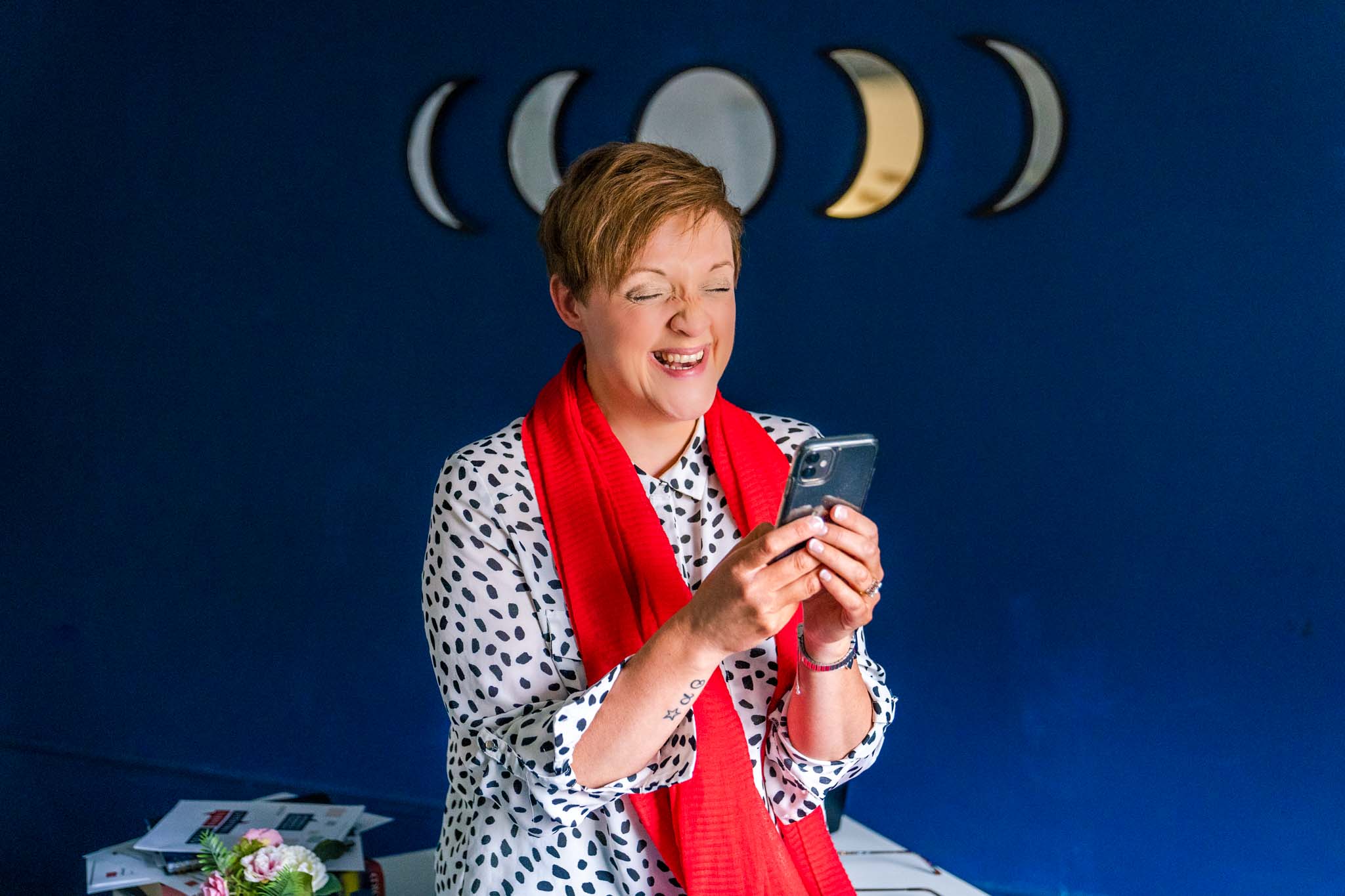Breaking the Silence: Overcoming App-Induced Anxiety

Let me just get this out there first… I am not against language learning via an app. I really am not. It’s just that at some point or another, you’re going to need some human input.
In today’s digital age, language learning has become more accessible than ever, thanks to the abundance of language learning apps. These tools offer structured lessons, interactive exercises, and personalised feedback, making it easier for learners to study at their own pace.
However, despite the convenience and effectiveness of these apps, many learners find themselves struggling to speak the language confidently in real-life situations. I’ve lost count of how many people have joined our classes after INSANE streaks on Duolingo (I mean YEARS!)… but they literally cannot string a sentence together.
So, what exactly is it that makes that next step all the more daunting for the language-learning app-enthusiast?
The Illusion of Competence:
Language learning apps provide a structured environment where learners can practice vocabulary, grammar, and pronunciation. However, this controlled environment can create a false sense of proficiency. You may feel confident in your ability to recognise words and phrases on the app but struggle to produce them spontaneously in conversations.
Fear of Making Mistakes:
One of the biggest barriers to speaking a new language is the fear of making mistakes. You might worry about mispronouncing words, using incorrect grammar, or being misunderstood. This fear is amplified in app-based learning environments, where there is little room for error.
Lack of Spoken Practice:
Language learning apps primarily focus on reading, writing, and listening skills, with limited opportunities for spoken practice. While these skills are essential for language acquisition, speaking is a crucial component of communication… I mean, is that not what you’re actually learning the language for in the first place? Without sufficient practice speaking the language, you may struggle to build your communicative confidence.
Overcoming App-Induced Anxiety:
There’s only one way you can overcome app-induced language learning anxiety; you must actively seek out opportunities for spoken practice. Language exchange partners, conversation clubs, and immersion experiences are excellent ways to practice speaking in a supportive environment. It’s essential to embrace imperfection and view mistakes as valuable learning opportunities rather than failures.
Why not start with low-pressure interactions, such as speaking with friends or family members who are supportive and understanding. As you become more comfortable, you can gradually increase the complexity of communication tasks and seek out more challenging speaking opportunities.
Oh… and did we mention that here at Speech Bubble that’s *exactly* what we do in our classes? We provide you with a safe, fun environment that get’s you conversing from day one. We ensure you are suitably armed with support and encouragement to take those tentative steps towards fluency. No pressure, no judgement, just banter.
Fancy joining us? Visit Learn with us – Speech Bubble Languages to find a class near you!






